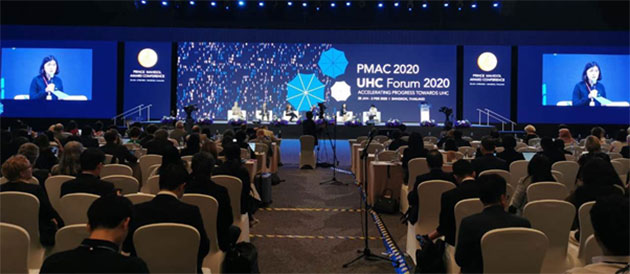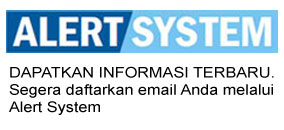PMAC 2020
Plenary Session 1
Implementation Challenges and Innovative Solutions for UHC 2030
Friday, 31st January 2020
Naoko Yamamoto, Beverly Ho, Erica Di Ruggiero, Justin Koonin, Takao Toda, Koku Awanoor
Side Meeting
Opening Session
Plenary Session 0
Plenary Session 1
Parallel Session 1.2
Parallel Session 1.4
Plenary Session 2
Parallel Session 2.1
Parallel Session 2.2
Parallel Session 2.3
Parallel Session 2.5
Parallel Session 3.2

Achieving effective universal health coverage undoubted will confront many challenges which can come from various area of systems. Some of the current system had shown the inadequate attention given to health promotion and prevention sector, which can be seen by the insufficient investment in their evidence-based policies, resources prioritize on secondary health care, shortage of workforce in term of number or skill and in general lack of government support whether in funding or decisions in that particular field. In addition, problems may also arise from operational aspect of the UHC itself, as well as complications that may arise from multisectoral engagement in separated fields relating to health. Not only from the technical aspect, the bias patients may receive have to be taken into account as well, whether it’s the inaccessibility of the marginalized groups on health care, stigma surround LGBTQ community or some races, and other similar discrimination acts that may hinder effective UHC.
It is essential for those challenges to be addressed for the progress of UHC. The solutions can be acted upon multiple level of scale. Globally, countries that relatively have success in their hometown could share their knowledge to others, that subsequently tailored to country’s context. On a national level, the government could promote social participation to ensure trust and accountability between them and their people, as well as investing in health promotion and evidence-based research to ensure long term sustainability. When we go down to the operational level, the focus can be given to the health workforce, where capacity training such as collaboration across multisector can be given to all without leaving anyone behind.
Innovative solutions are needed to overcome challenges for the progression of the system. Through multisectoral approach, that is collaboration among various stakeholder groups and private sectors, as well as multinational cooperation, UHC 2030 can be jointly attained.








